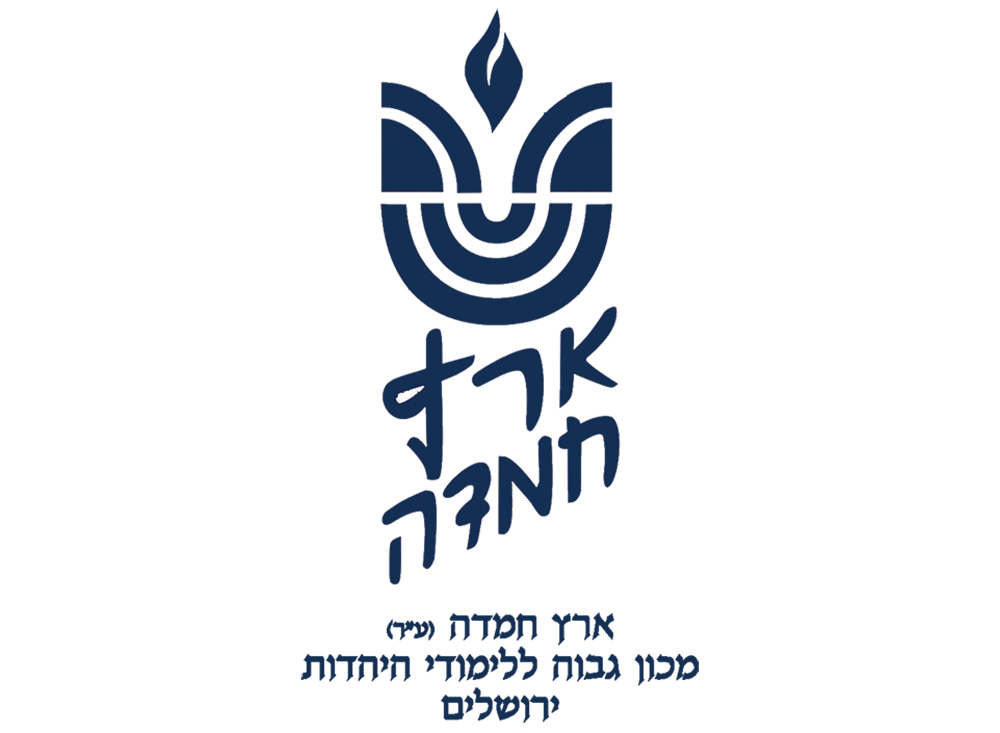לעילוי נשמת
יואל אפרים בן אברהם עוזיאל זלצמן ז”ל
Question: My son and I went hiking in a quite isolated area (no cell phone service), and took a wrong turn, and walked a couple hours without seeing signs of civilization. We were almost out of water and weak before finding someone who directed us to safety. How should we thank Hashem for getting us through the danger?

Answer: There are four main possible steps to thank Hashem for being saved from danger: 1) Reciting Birkat Hagomel in front of a minyan (Shulchan Aruch, Orach Chayim 219:1-3), 2) Making a seudat hodaya (thanksgiving meal to thank Hashem) (see “Living the Halachic Process VI,” G-8), 3) Giving tzedakah (Mishna Berura 218:32), 4) Reciting the bracha of “she’asa li nes bamakom hazeh,” when one visits the place of his miraculous salvation (Shulchan Aruch, Orach Chayim 218:4).
We will deal first with the easier questions. The Shulchan Aruch does not mention seudot hodaya, and it, apparently, is never an obligation. On the other hand, a few Gemarot relate to such a practice, and it can be very positive (see “Living the Halachic Process” ibid.) and is, essentially, without “risk.” So, if you perceive you were in real danger, a seudat hodaya is a wonderful—albeit optional—expression of gratitude. The same is true of giving tzedakah.
The Shulchan Aruch (Orach Chayim 218:9) cites two opinions whether the bracha upon coming to the place of his miracle is only for miracles that seem to defy nature or even for more commonplace salvations. He recommends making the bracha without Hashem’s name. From your description, it sounds unlikely that the prospects for survival were low enough to qualify the salvation as a miracle on any level. Therefore, if you ever make it back to that place, no bracha seems warranted—certainly not with Hashem’s name.
Is Hagomel called for? The Gemara (Brachot 54b) prescribes reciting Birkat Hagomel for people who emerged safely from the following predicaments, which are referred to in Tehillim 107’s description of thanking Hashem: traveling by sea and through a midbar, disease and prison. The Shulchan Aruch (219:9) brings two opinions as to whether the bracha is prescribed for any danger (e.g., a dangerous animal attacked him, a wall collapsed on him). While he recommends making the bracha without Hashem’s name in such cases, the accepted minhag—based on multiple Acharonim—is to make the regular bracha for extrication from any danger (Mishna Berura ad loc. 32; Igrot Moshe, Orach Chayim II, 59). However, as above, it is difficult to ascertain whether the level and perhaps type of danger you were in qualifies as warranting a bracha that is not found in the “official list.”
Might this case fit into the category of those who travel in a midbar? The Rambam (Brachot 10:8) lists—as one of the four situations for Hagomel—walking on roads outside the city (without mentioning desert). The Shulchan Aruch (ibid. 7) cites the Sephardi minhag to recite Hagomel after traveling outside the city a “parsa” (approximately 4 kilometers; Yabia Omer I, Orach Chayim 13 says that it goes by the time it takes to walk a “parsa,” which is 72 minutes). (This is the criterion for tefilat haderech—ibid. 110:7.) This is because of a general assumption of danger in inter-city roads. The Ashkenazi minhag is to make Hagomel only after a “midbar,” where there are bandits and wild animals, and not for uneventful land travel (regarding air, see Igrot Moshe ibid.).
The Mishna Berura (219:31) says that if a traveler on a normal road is attacked by robbers, all agree he recites Hagomel. The combination of factors (road plus danger) justifies the bracha (see Sha’ar Hatziyun ad loc. and Igrot Moshe ibid.), making it equivalent to a desert, and that applies to your case—lost with little water on path.
Furthermore, walking lost in an isolated area is walking in a midbar (which includes wilderness) itself, one of the four definite Hagomel cases. While poskim mention animals and bandits, that is in addition to what the pesukim (Tehillim 107:4-7) discuss like being lost in a wilderness with limited food and drink (see Ish Matzliach, II, Orach Chayim 1; Imrei Shefer 29).
This column is written by Rabbi Daniel Mann on behalf of the Eretz Hemdah Institute in Jerusalem, which trains dayanim and has many projects on behalf of klal Yisrael, including its “Ask the Rabbi” service in conjunction with the OU. Rabbi Mann is a dayan at Eretz Hemdah, a senior member of the “Ask the Rabbi” project, and author of its “Living the Halachic Process” series. He is also a Ram at Yeshiva University’s Gruss Kollel in Israel.









